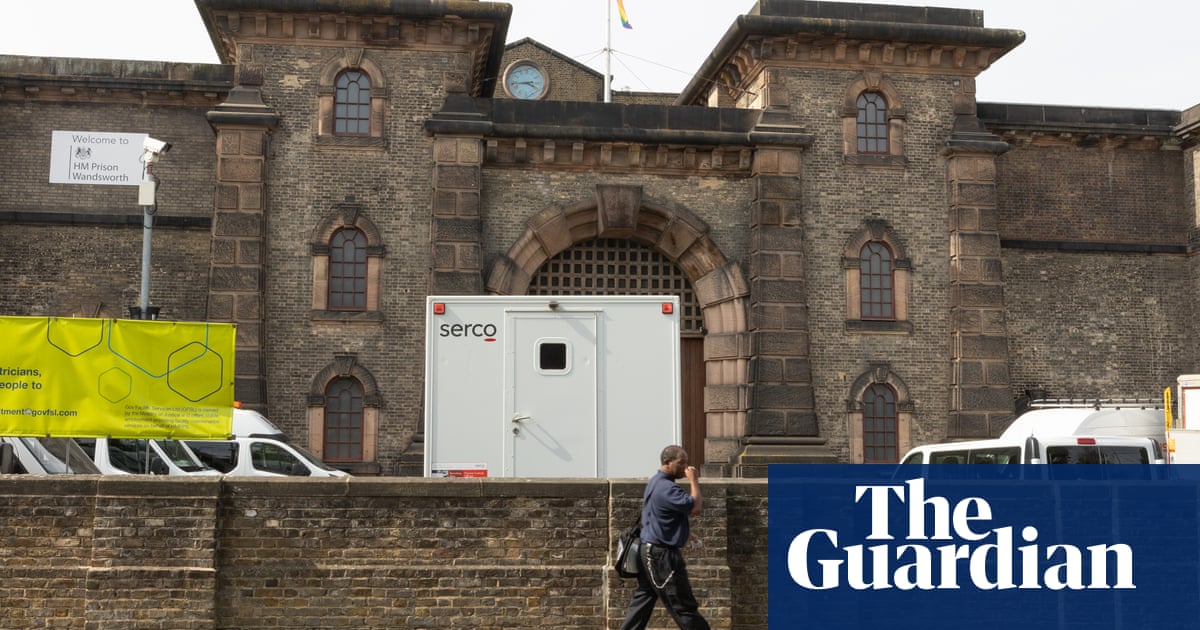
Ministers have been accused of doing little more than “staring out of the window and watching the rain come down” as it was revealed that 2,000 homes have been flooded by Storm Henk.
Labour called for a new taskforce to be created that would meet before the winter storms hit to pinpoint the areas most at risk and protect threatened homes and businesses.
It also expressed concern at the state of many flood defences and said that millions of pounds allocated to protect communities was not reaching some of the places it was most needed.
The claims came as much of southern Britain was warned to be careful of ice and snow. The Met Office issued a yellow severe weather warning from 3pm on Monday to 3am on Tuesday. It said there could be temperatures as low as -9C in rural Scotland and -6C in parts of Wales.
As of Monday night, there were still more than 250 flood warnings and alerts in place in England and Wales.
During a visit to Loughborough in Leicestershire, one of the places devastated by Storm Henk, Keir Starmer said the government’s response to flooding was not good enough and said Labour would take pre-emptive action to get ahead of the problem.
He said: “What that means [is] earlier in the year, in the autumn, having a taskforce that brings together local authorities, emergency response, local people, to ensure that the prevention work is done. The response wasn’t quick enough. I just don’t think it’s good enough for the government to come after the event again and express empathy.”
In the House of Commons, the minister for water and rural growth, Robbie Moore, said 2,000 homes had been flooded, with the worst impact in Leicestershire, Lincolnshire, Nottinghamshire, Northamptonshire, Gloucestershire, Worcestershire and Warwickshire.
He said the Trent, Thames, Severn and Avon had seen “record or close to record levels as they drained huge volumes of rain from across their river catchments”.
Moore had been to Alney Island near Gloucester, where residents had been flooded by the third highest water level in the last 100 years. He said there had been the highest ever levels in Burton upon Trent, Staffordshire, and in Loughborough.
The minister said the Environment Agency deployed more than 1,000 members of staff to affected areas, set up 125 pumps and put more than seven miles of temporary and semi-permanent defences in place.
He said that since 2010 the government had invested more than £6bn to better protect more than 600,000 properties from flooding and coastal erosion.
The shadow environment secretary, Steve Reed, said: “The government’s failure to act effectively has cost the economy billions of pounds since 2010. Homeowners must be horrified that the government has done little more than stare out of the window and watch the rain come down.”
He said that more than 4,000 flood defences in England were last year rated “poor or very poor” and there was an underspend of £310m in the flood protection programme. Reed said that in one of the places hit by flooding this year in Nottinghamshire, only 1% of the money allocated had actually been spent.
He added: “Enough of this government’s sticking-plaster politics. We need to get ahead of the problem, not just clean up afterwards.”
In response, Moore said a resilience taskforce was not needed as there was already coordination between the Environment Agency, local authorities and resilience forums.
Caroline Lucas of the Green party called for a more fundamental change. She said: “Ministers are actively planning to pursue energy policies or make extreme weather events worse. We’re about to debate the obscene offshore petroleum licensing bill. Where on earth is the joined-up thinking?”












